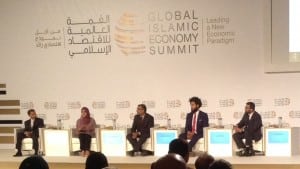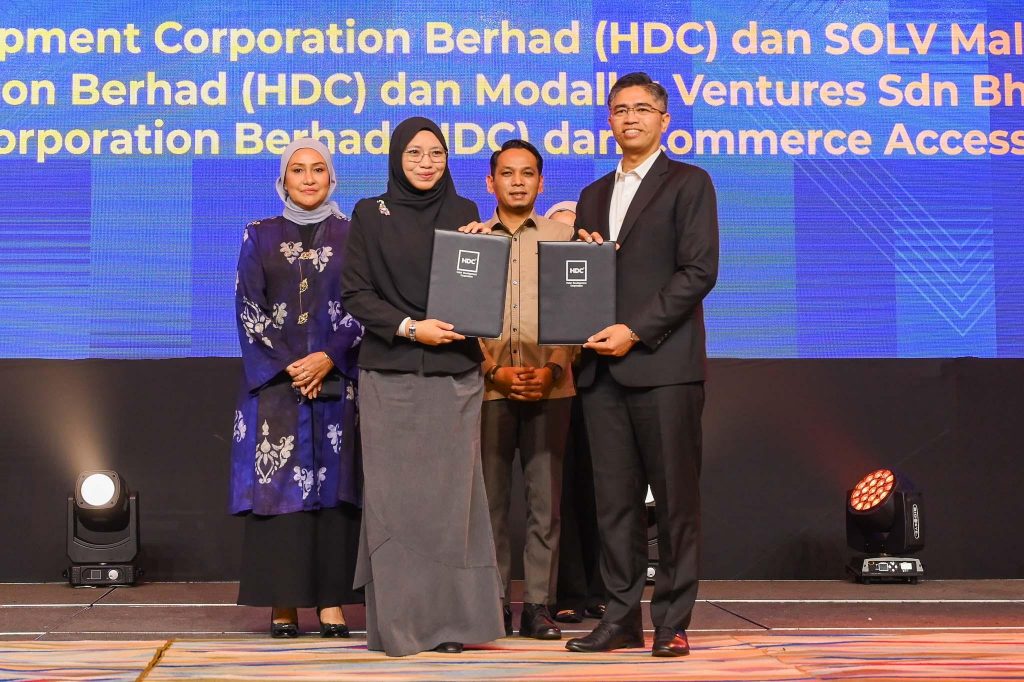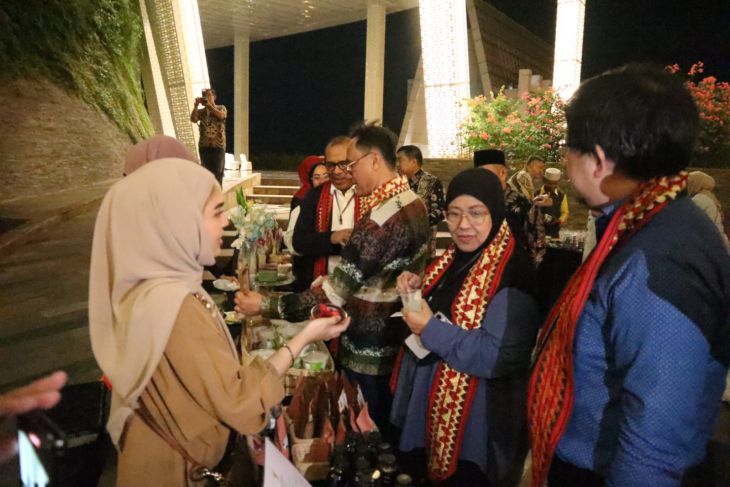Shelina Zahra Janmohamed The National
 The phrase “talking shop” is the kiss of death to any conference. Organisers want something to happen to leave a lingering buzz and a sense of the life changing.
The phrase “talking shop” is the kiss of death to any conference. Organisers want something to happen to leave a lingering buzz and a sense of the life changing.
One of the latest fashions in the Muslim world is the Islamic finance conference. Islamic finance has the DNA for a profitable alternative to conventional finance. Industry professionals speak with pride – and rightly so – about how it emerged unscathed from the global economic crisis. There is also exciting news of financial centres outside the Muslim world entering the global Islamic financial market with David Cameron’s announcement that next year the UK will be issuing £200 million (Dh1.197 billion) of sukuk (Islamic bonds). But beneath these financial headlines, there is another trend mentioned, but rarely celebrated with the same gusto: the increasing popularity of Islamic finance with non-Muslim consumers.
I’m not excited by this as some kind of means of “trumpeting” Islamic values over other alternatives. Let the paranoid peddlers of the “creeping Sharia” myth be in no doubt. What I’m excited about is that it shows that listening to the needs of ordinary consumers and offering them products that chime with universal values is inherent across cultures and societies. There are alternatives to the current products on offer to all consumers. In this case, it is inspiration from Islamic values that is creating an offering that in its infant stages is attempting to provide an alternative based on ethics and fairness, in contrast to an economic system that has come under increasing scrutiny in recent years for elitism, exploitation and injustice.
At its root Islamic finance is designed to remove investment from harmful industries, ensure there is real value in transactions and at a consumer level to make sure risk and profit is fairly shared between borrower and lender.
Islamic finance and halal food are the most visible of the sectors being driven by the needs of Muslim consumers. Both are clearly prescribed Islamic requirements, so it’s no wonder they are driving the Islamic economy. But for those of us involved in understanding emerging trends among Muslim consumers, one thing is clear: Muslim consumers want to extend Muslim values into all aspects of products and services they consume, from fashion and cosmetics to travel and health care.
It was refreshing to attend this week’s Global Islamic Economy Summit in Dubai. The conference was a breath of fresh air centering around talk of consumer values, of innovating for consumer needs and understanding who is the Muslim consumer. Almost every speaker talked about the need to build products and services grounded in universal, Islamic values, and through their universality appeal to a global consumer. Innovation inspired by Muslim values was the buzz word.
This summit has undoubtedly put Dubai on the map as leading the conversation about the world’s 1.8 billion Muslims and their consumption needs. But it will also provide a change in thinking about Muslim-inspired innovation. Industry practitioners at the summit relentlessly asserted that the Islamic values offer innovation not just for Muslim consumers but for all consumers. Muslim values like business transparency, accountability, worker fairness, supply-chain ethics, trust and social consciousness of business impact appeal across the board.
The time for me-too products from the Muslim world has passed: we are re-entering the age of Muslim-inspired innovation.
Shelina Zahra Janmohamed is the author of Love in a Headscarf and blogs at www.spirit21.co.uk



